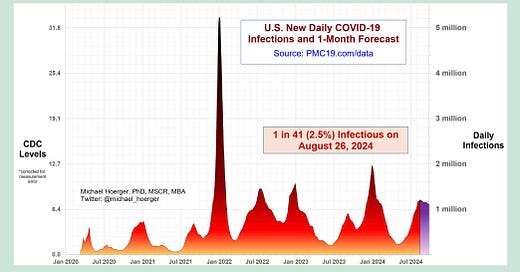Welcome back to some monthly highlights from a place I call Covidlandia, a forgotten land between black and white, carefree and cautious, pandemic beginning and end. Here I present recent news, scientific discoveries, and medical knowledge that caught my attention and that is of interest to primary care. I curate and comment, and realize that one human …
Keep reading with a 7-day free trial
Subscribe to Examined to keep reading this post and get 7 days of free access to the full post archives.




